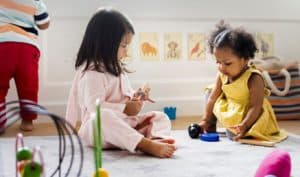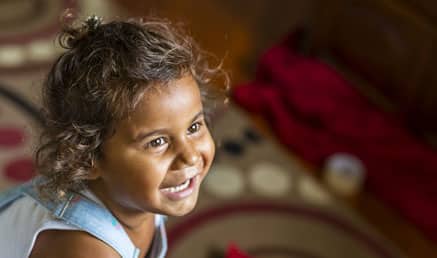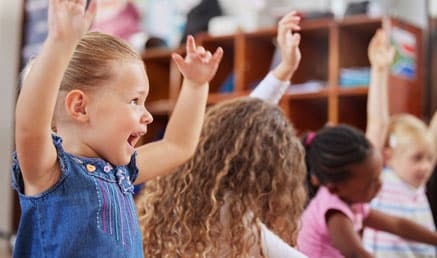
“It’s our polite nudge in the ribs to help you and your team stay organised and on task.”
This week’s subject is: Collaborative learning.
Element 5.2.1: Children are supported to collaborate, learn from and help each other.
How do educators intentionally plan learning environments, routines, the program and experiences that provide opportunities for children to cooperate and work collaboratively with their peers and educators to foster their learning and development?
Collaborative learning involves children working together in pairs or small groups as they engage in play-based learning experiences and work together towards common goals, solve problems and complete projects. Children are provided with greater opportunities to develop their communication, social skills, work together, engage in shared experiences and learn from each other, building their confidence and experiencing a greater sense of autonomy over their play and educational processes, fostering a child-centred program.
Children learn about collaboration when educators model effective collaborative learning through their interactions with children and each other.
Do your policies and procedures reflect the Service’s approach to fostering collaborative learning across all aspects of Service delivery?
Services should ensure that their policies/procedures in relation to interactions with children and behaviour management provide evidence that:
-
- A play-based pedagogy and routines include regular opportunities for children to engage in social play and collaborative experiences
- Strategies are in place for educators to identify children’s shared interests and use this information to plan collaborative learning experiences
- Opportunities are provided for children to assume leadership roles
- Children can explore different identities and points of view through dramatic play
- Children are supported to undertake experiences that foster their self-help skills, independence and self-esteem
- the program includes collaborative and challenging learning experiences that are responsive to children’s and young people’s interests (School age care).
Services and specifically, staff and educators play a crucial role in creating a rich and dynamic learning environment that supports and enriches the social, emotional, and cognitive development of children and young people through collaborative learning.
At your next meeting, reflect with your team to share the range of practices that educator’s use to foster collaborative learning in a range of ways throughout the educational program, routines, transitions and across Service delivery.
Resources:
QA5- Relationships with Children
Age-appropriate pedagogies-Collaborative
MTOP- Collaboration with children and young people
Within System7 go to Quality Area 5/Module 5 to submit self-assessment notes and if required, open a QIP issue if you identify any areas of improvement.
The Childcare Centre Desktop has a range of resources to assist services with QA5, Relationships with children. These include Interactions with Children, families and Staff Policy, Educational Program Policy, Program Template, Observation Record, Critical Reflection Template, Behaviour Guidance Guide Promoting and Supporting Positive Behaviour and much more.
Resources, NQS Element, Regulation and System7 links:
Childcare Centre Desktop – Childcare Centre Desktop
National Quality Standard – QA 5/ 5.2.1- Collaborative Learning
National Regulations – 73, 74, 155, 156, 168
System7 Module – QA 5/ Module 5
If you have any questions send us a note via the Contact page here!




